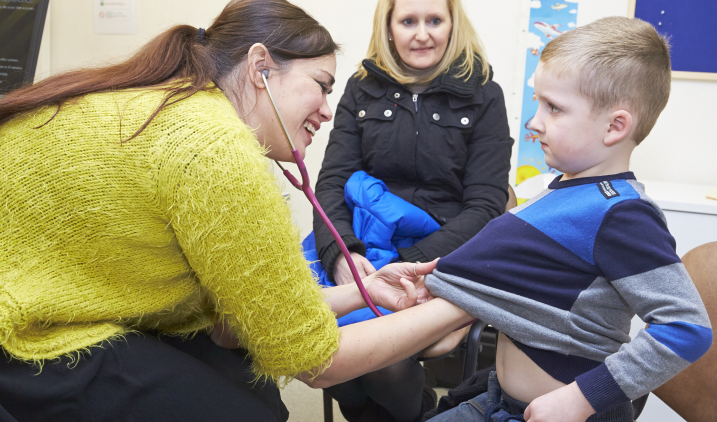Transferable skills whilst at medical school
This page looks at the transferable skills you will develop during your medical training. It lists the opportunities you may have to develop and demonstrate these skills.
Transferable skills are those skills that can be applied to lots of different situations. Make the most of any opportunities you have to develop your transferable skills because this will:
- help you in your further studies
- boost your CV and chances of getting a job you want
- be useful in your future career and in life in general

It’s a skill in itself to be self-aware. Think about which skills you good at and which ones do you need to work on.
What are the main transferable skills?
- communication
- team working
- management and leadership
- planning and organisation
- empathy
- time management
- taking initiative
- adaptability and flexibility
- problem solving
- networking
- research
Communication skills include self-confidence and the ability to:
- hold face-to-face and telephone conversations
- negotiate
- influence others
- listen
- speak foreign languages
- working towards a shared goal
- sharing information and pooling skills
- being flexible within a team
- supporting colleagues under pressure
- treating colleagues with respect
- developing open relationships with colleagues
Management and leadership can include:
- setting targets
- taking responsibility for other staff
- motivating people
- delegating
- training others
- making decisions
Find out more about medical leadership
Planning and organisation can include:
- setting schedules and targets
- making arrangements
- monitoring progress towards targets
- working independently
- active listening
- asking for feedback
- dealing with complaints and defusing difficult situations
- tact and diplomacy
- prioritising work
- multi-tasking
- working under pressure
- meeting deadlines
Taking initiative can involve:
- coming up with ideas and solutions to problems
- coping with the unexpected
- making proposals for change
- networking
Adaptability and flexibility can include:
- welcoming change
- dealing with challenges
- altering plans or your way of working
- analytical skills
- finding solutions to problems or challenges
- overcoming obstacles
- liaising with people
- being proactive in situations
- planning and prioritising
- internet research
- reviewing literature
- report writing